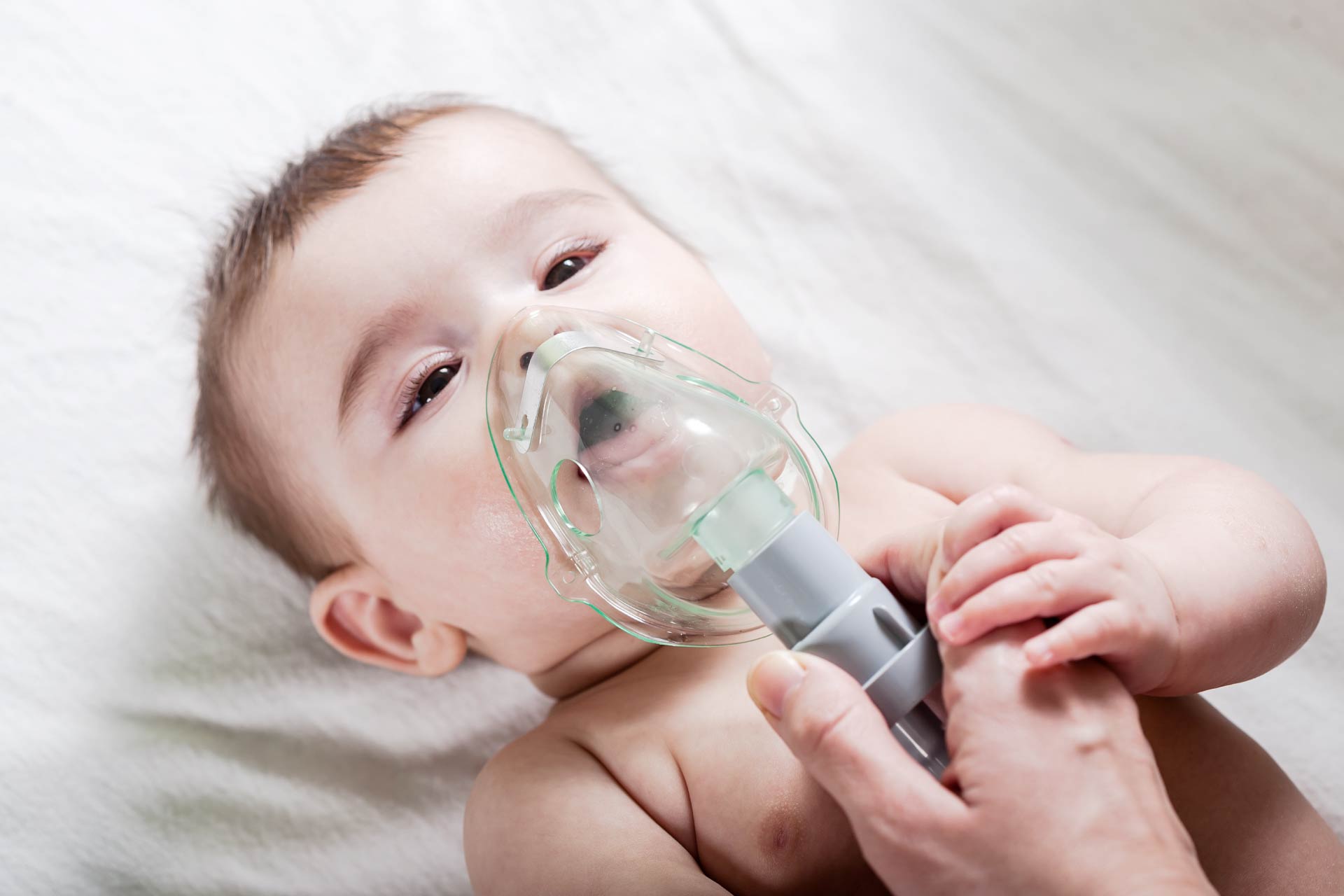• Delivery matters
• Farm life
What is already known on this topic
Over the past decades, scientists have linked the gut microbiota to dozens of seemingly unrelated conditions — from depression to obesity. Asthma has some connections as well: babies born by cesarean section have an increased risk of developing asthma compared to those born by vaginal delivery and also have an altered gut microbiota composition. Scientists also know that children who grow up on a farm tend to be protected from asthma—a phenomenon that has been attributed to the exposure to a variety of environmental microbiota in animal sheds. But the mechanisms through which the gut microbiota could have an asthma-protective effects remain unclear.What this research adds
Two independent research groups have assessed the role of gut microbes in protecting children from asthma. One team found that children born by cesarean section whose gut microbiota profile at one year of age remained similar to that at birth had an increased risk of developing asthma compared to babies born by vaginal delivery. The second team found that children with high levels of microbial metabolites such as butyrate in their stool have a reduced risk of asthma.Conclusion
Findings from both studies suggest a key role for gut microbes in asthma protection, potentially through the production of metabolites such as butyrate.
Asthma affects millions of children already at a young age, but the risk factors for the condition are poorly understood. Now, two studies show that gut microbes could play an important role in protecting children from asthma—a finding that could lead to new strategies to prevent the condition by manipulating the microbiota.
Over the past decades, scientists have linked the gut microbiota to dozens of seemingly unrelated conditions — from depression to obesity. Asthma has some connections as well: babies born by cesarean section have an increased risk of developing asthma compared to those born by vaginal delivery and also have an altered gut microbiota composition.
Scientists also know that children who grow up on a farm tend to be protected from asthma—a phenomenon that has been attributed to the exposure to a variety of environmental microbiota in animal sheds. However, the mechanisms through which the gut microbiota could have an asthma-protective effects remain unclear.
Delivery matters
To assess the role of gut microbes in protecting children from asthma, researchers led by Søren Sørensen and Hans Bisgaard at the University of Copenhagen followed 700 children from birth and examined the effects of cesarean section delivery on gut microbial composition during the first year of life. The team then explored whether gut microbial perturbations due to delivery mode were associated with a risk of developing asthma in the first six years of life.
The researchers examined the children’s stool samples at one week, one month and one year to determine microbial diversity and maturity. They found that delivery by caesarean section was associated with substantial changes in the composition of the gut microbiota.
Babies born by cesarean section whose gut microbiota profile at one year of age remained similar to that at birth had an increased risk of developing asthma and allergies compared to babies born by vaginal delivery. Babies who had gut microbiota perturbations that occurred at birth but resolved by one year of age weren’t more at risk of asthma than those born by vaginal delivery.
“Every generation of mothers hands over its microbiome to the next, as the baby is coated with beneficial germs while being squeezed through the birth canal – but this doesn’t happen for babies born through C-section,” says study co-author Martin Blaser. “It takes a while for babies born through C-section to develop a normal microbiome. And during that time, while the immune system is also developing, they become more at risk for later developing certain diseases like asthma,” he says.
The study shows that delivery by caesarean section interferes with a baby’s ability to obtain beneficial germs from the mother’s microbiota, and it provides a mechanism for the association between cesarean section birth and increased risk of asthma, Blaser says.
The findings, published in Science Translational Medicine, could lead to new prevention strategies, including targeted efforts to fix disturbances in a child’s microbiota. “This study has implications for understanding the microbiota’s role in asthma development after delivery by caesarean section and could in the future potentially lead to novel prevention strategies and targeted, efficient microbiota manipulation in children who had early perturbations of the microbiome” Sørensen says.
Farm life
In a second study, researchers led by Markus Ege at Ludwig Maximilian University followed children growing up in European rural areas.
Previous research from the same group showed an asthma-protective effect by a diverse environmental microbiota, which was particularly pronounced in farm children. To assess whether the effect could be attributed to the maturation process of the early gut microbiota, the researchers analyzed fecal samples from more than 800 children aged 2 and 12 months growing up on traditional farms in Austria, Germany, Finland and Switzerland.
The team found that children with high levels of microbial metabolites such as butyrate in their stool have a reduced risk of asthma. Butyrate is a short chain fatty acid which is known to protect mice from asthma. Bacteria such as Roseburia and Coprococcus, which produce short chain fatty acids, may contribute to asthma protection in people. Indeed, at 12 months, children who were never affected by wheeze or asthma showed increases in bacterial species such as Ruminococcus, Roseburia, and Coprococcus compared to other children.
“We found that a comparatively large part of the protective farm effect on childhood asthma was mediated by the maturation of the gut microbiome in the first year of life,” says study co-author Martin Depner. “This suggests that farm children are in contact with environmental factors possibly environmental microbiota that interact with the gut microbiome and lead to this protective effect,” he says.
The researchers also showed that babies born by vaginal delivery and those who were breastfed had a protective microbiota in the first two months of life.
The findings, published in Nature Medicine, show that the asthma-protective effect is dependent on the maturation of the entire gut microbiota, and they emphasize the need for prevention strategies in the first year of life, when the microbiota is amenable to modification, Ege says.











